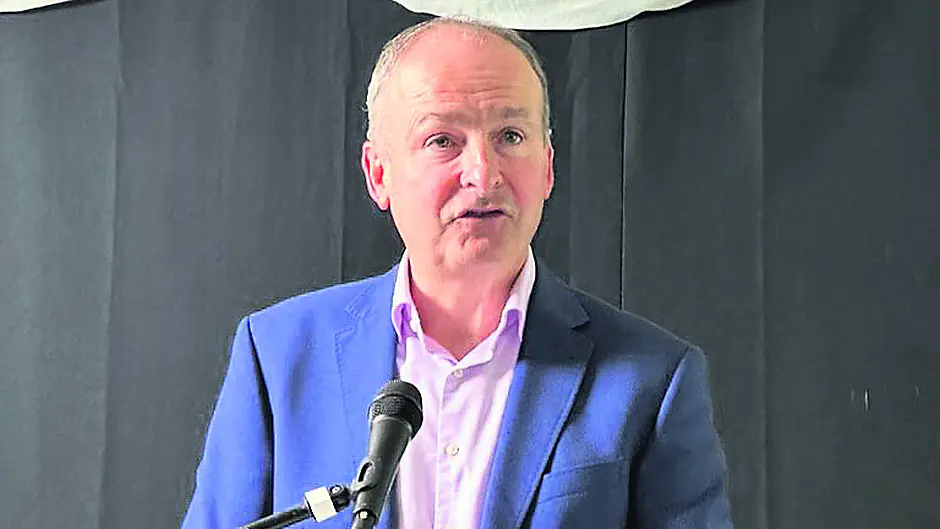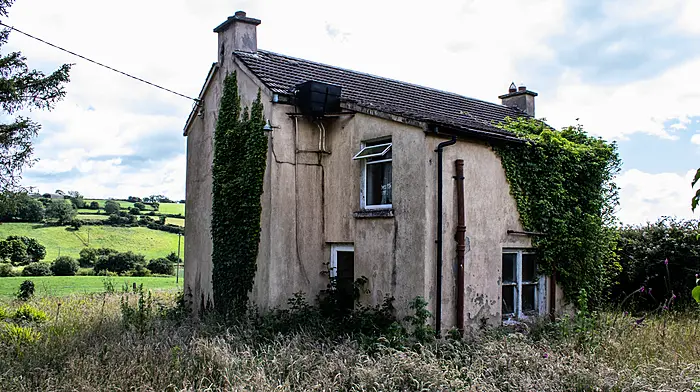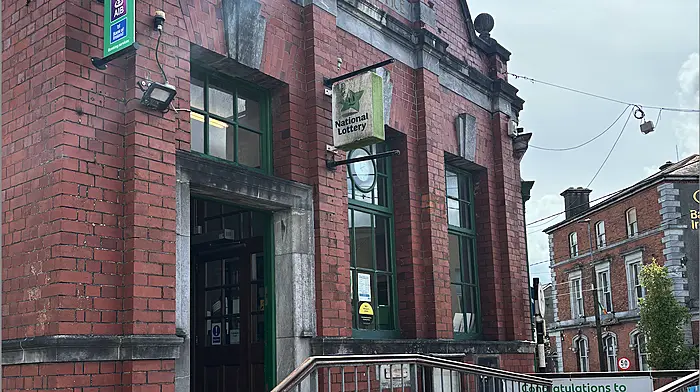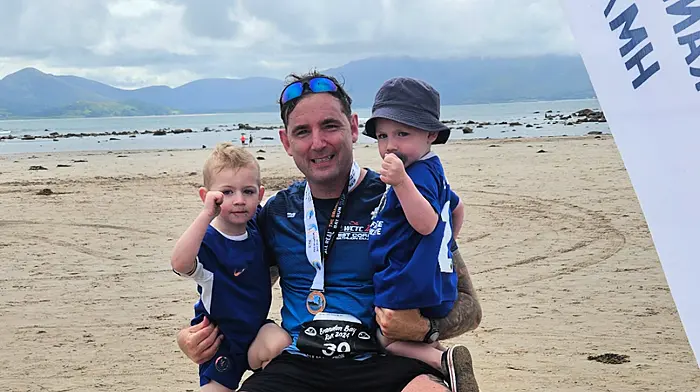A QUARTER of a century after the Good Friday Agreement was signed, the Tánaiste Micheál Martin has said that Irish people are still missing opportunities to engage and work with people from other traditions.
The Tánaiste was speaking at the official opening of the recent West Cork History Festival, which focused on the Irish Civil War and the Decade of Centenaries, as well as some discussion about an Irish reunification referendum.
Micheál Martin also addressed inequalities within the State by acknowledging Irish women’s role in revolution – a revolution that he said ‘began with a powerful statement of offering rights to all, and a desire for an inclusive non-sectarian republic, but ended with the effective exclusion of women from most public offices for six decades.’
The Tánaiste praised the West Cork History Festival organisers, Simon and Victoria Kingston, for combining diverse perspectives and serious discussion at the Inish Beg Estate near Baltimore.
‘This year’s programme,’ he said, ‘addresses critical issues about how we think about our past and how we use this knowledge to think about our future.
‘Research, in the past year,’ the Tánaiste stated, ‘showed that the level of knowledge in the 26 counties about life, or even basic issues in the six counties, is low and not rising.
‘We have many views about each other, but they are not backed up by engagement or understanding.’
Micheál Martin suggested that the ‘new perspectives’ arising from the Decade of Centenaries offer a more inclusive agenda for the future.
Referring to a talk by Glenn Patterson, author of The Last Irish Question: Will Six into Twenty-Six Ever Go? the Tánaiste said: ‘He has taken a profound Constitutional question and brought it down to a human level.
‘He shows the complexities and indeed the often-simple reference points which are central to how Irish people consider the future and to what confronts us if we are to unite the people of this island in a manner that breaks down the cycle of division and misunderstanding which has grown since partition.’
The Tánaiste stressed the importance of the Shared Island Initiative, saying it goes beyond speeches about co-operation and understanding ‘to actually do something lasting to build them.’
He referred to independent research which is looking at the public services and educational issues and how disadvantaged communities can be developed.
The Tánaiste said it is also assessing how to build infrastructure, and health services, to benefit marginalised communities.










